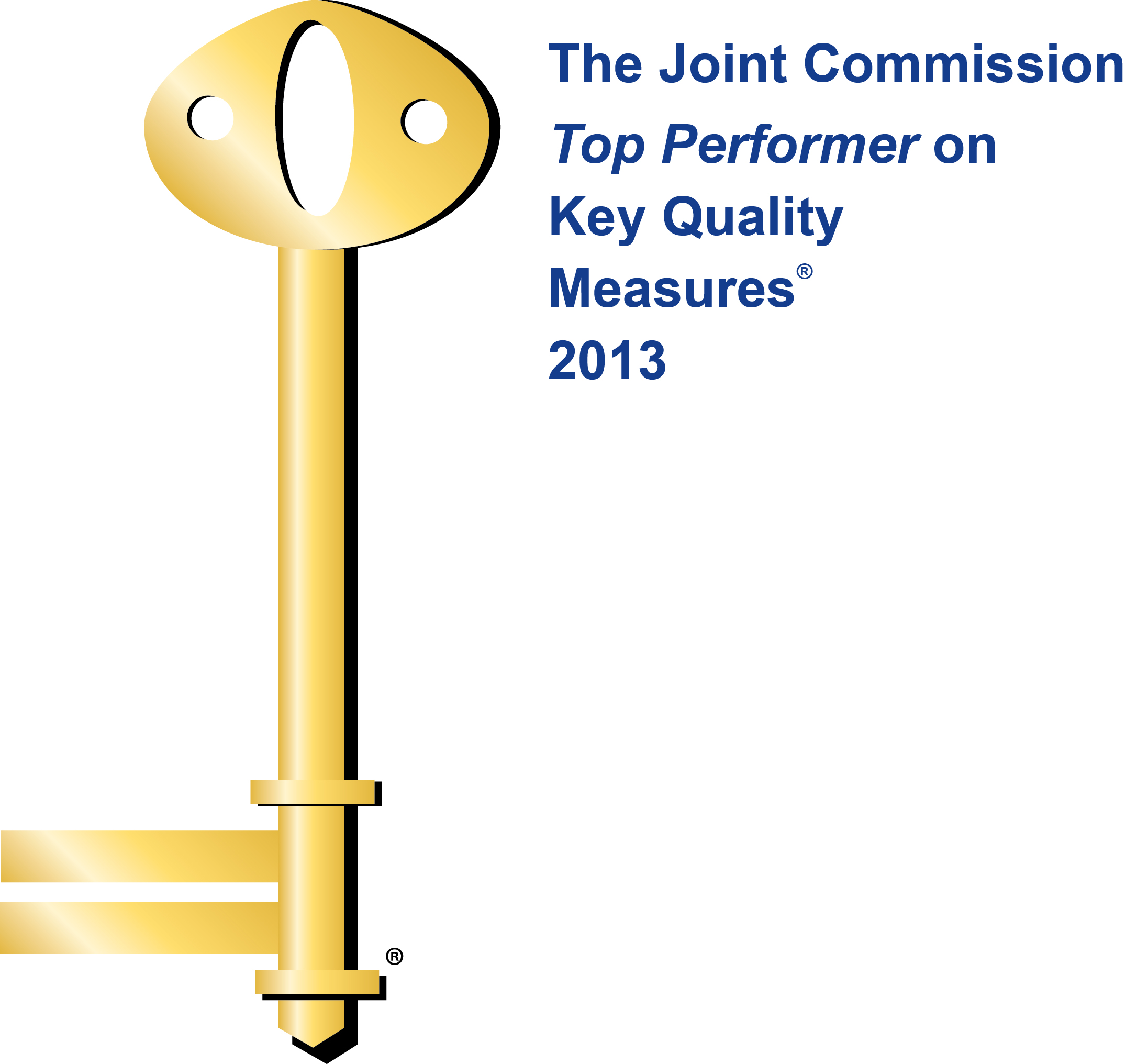Category: Lindner Center of HOPE
November, 2014—For many people, the comfortable fall air marks the end of daylight savings time and the start of a busy holiday season. However, the dark reality of less daylight, the approaching winter months, and heightened holiday stress can lead to depression.
According to the American Academy of Family Physicians, nearly six out of 100 people in the U.S. experience winter depression or Seasonal Affective Disorder (SAD). Research shows it is more common for those living in areas where winter days are very short. Common symptoms include a change in appetite, weight gain, fatigue, tendency to oversleep, irritability and avoidance of social situations. Researchers believe the lack of bright light during winter makes a difference on brain chemistry.
A study published in the Archives of General Psychiatry cites researchers from the University of Toronto, who performed brain scans on 88 healthy people over the course of a year. The scans showed that the serotonin system fluctuates in activity based on the season. The lowest levels of activity tend to be in the fall and winter, suggesting that less serotonin circulates in the brain during the darker, colder time of the year. The researchers believe that the serotonin levels may help explain why people have a change in mood and behavior during the darker seasons.
According to Dr. John Hawkins, Chief of Psychiatry and Deputy Chief of Research for Lindner Center of HOPE, “Many people develop cabin fever during the winter months. Individuals may find themselves eating more or sleeping more when the temperature drops and days offer less light.” These reactions are common and normal due to the change in season, however, people with SAD experience a much more serious reaction when summer shifts to fall and on to winter, he says. “Those at risk may have feelings of depression, lethargy, fatigue and other problems. If the symptoms are severely impairing daily life, they should be taken seriously and professional help should be considered.”
According to Dr. Hawkins, treatments such as light therapy or bright light treatment and medication are commonly used to treat SAD. Psychotherapy can also be helpful, reinforcing coping and support interventions. Preventative and coping tips include:
- Exercising and eating well
- Letting light in through windows
- Participating in Stress Management classes
- Seeking the help of a clinician if symptoms persist


